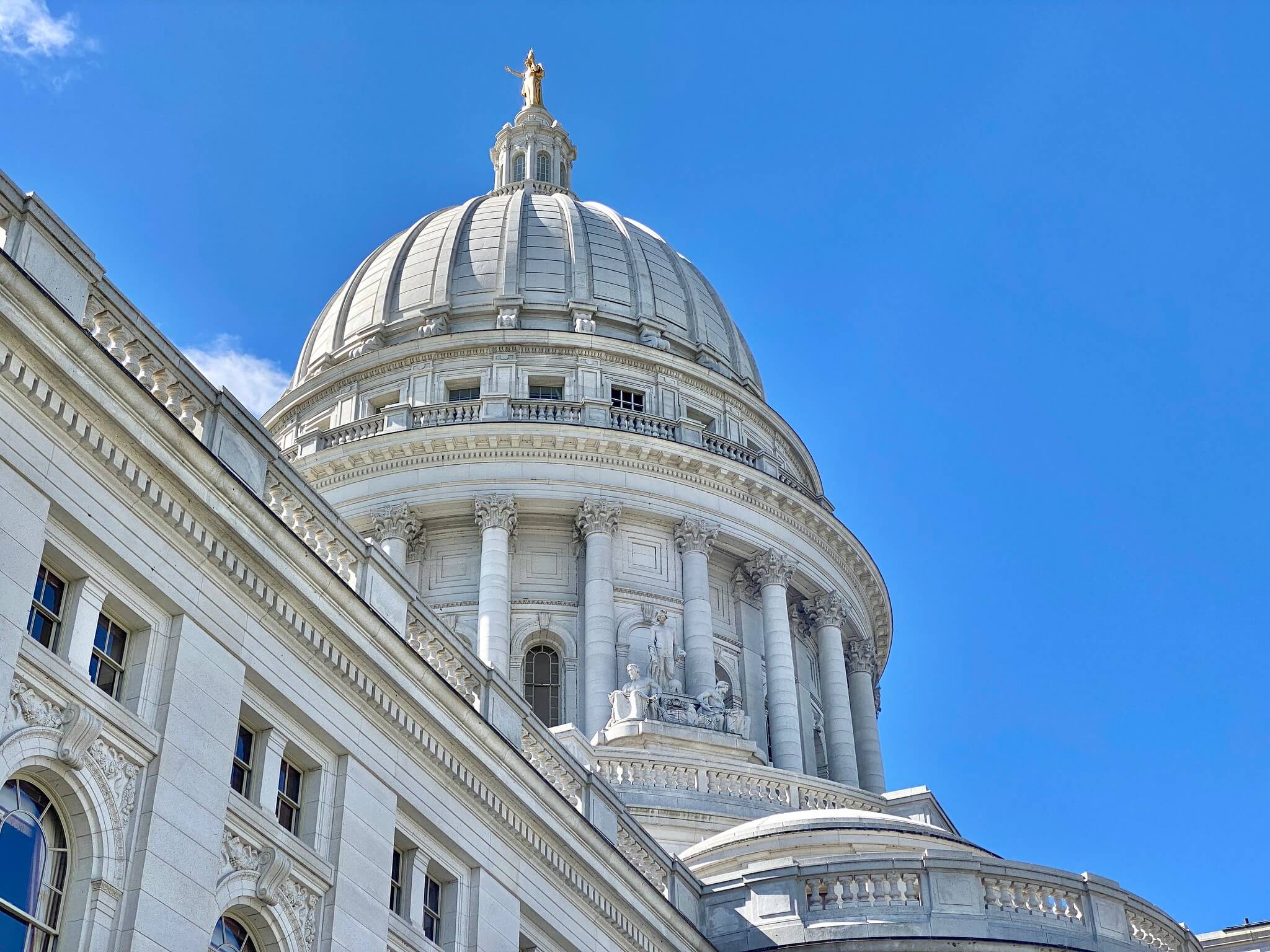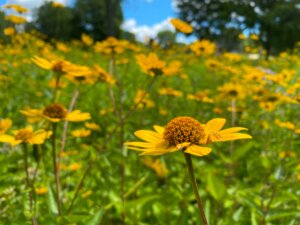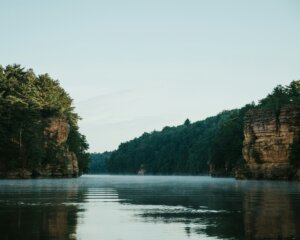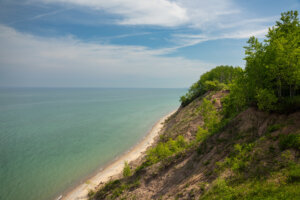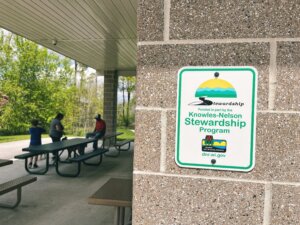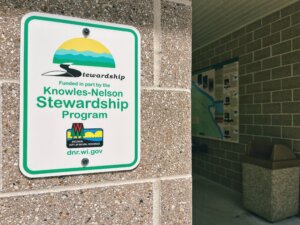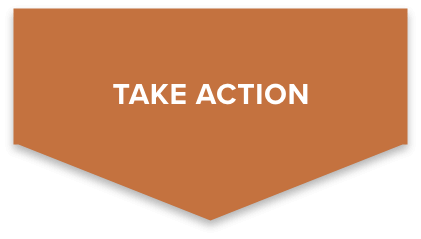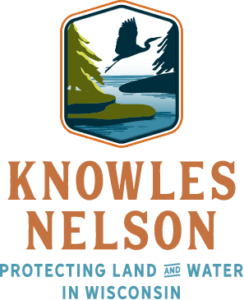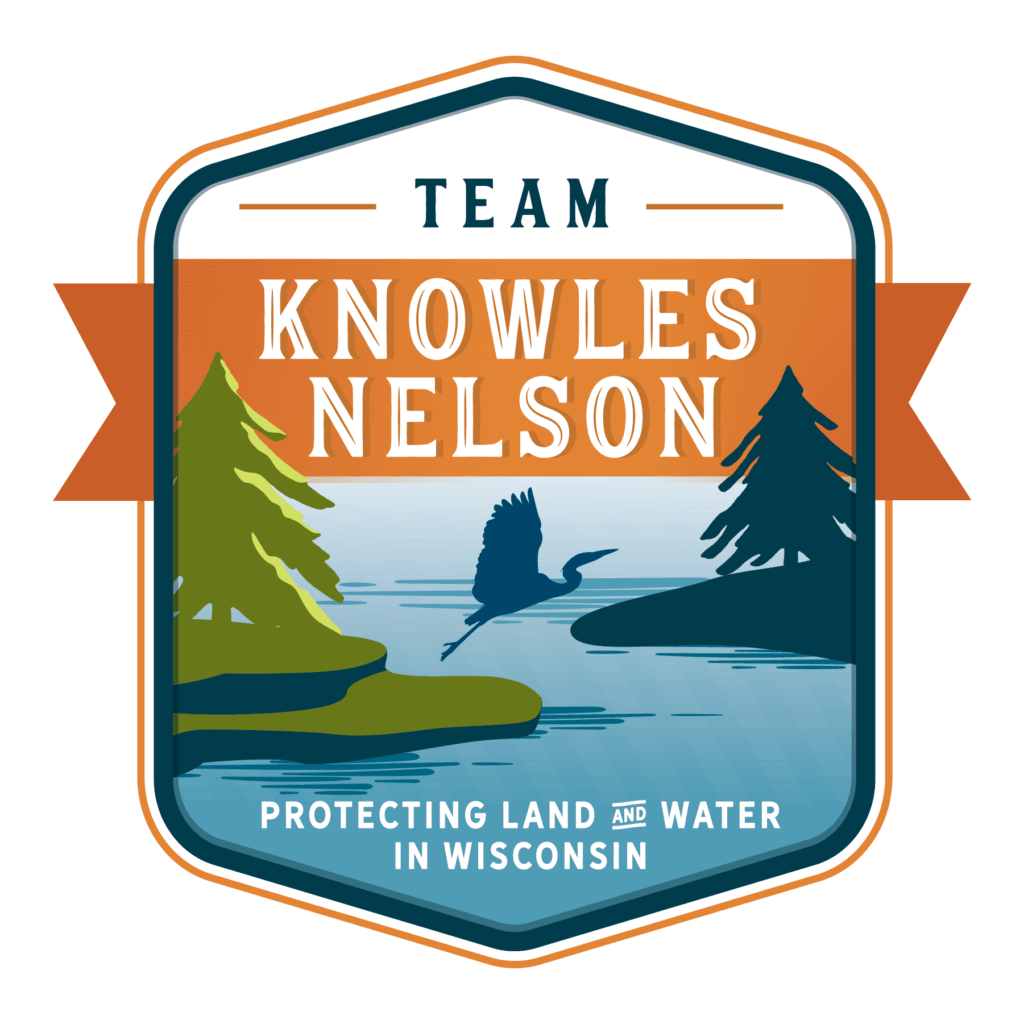Watch oral arguments from April 17th at WisconsinEye. To view the archived video you will need to create a free user account.
Jump right in: To provide a comprehensive understanding of the case, we’ve summarized some of the key documents.
BACKGROUND
In October 2023, Governor Evers and the Department of Justice (DOJ) sued the WI legislature, arguing that the Joint Finance Committee’s (JFC) practice of arbitrarily vetoing Knowles-Nelson Stewardship Program grant approvals through anonymous objections violates the separation of powers outlined in the WI constitution. The JFC’s current practice allows for a single anonymous committee member to halt any grant for any reason, essentially giving an unchecked veto authority to any anonymous member of the committee.
Gathering Waters intervened in the case as a co-plaintiff. Our member land trusts have frequently had their grants sabotaged by arbitrary, anonymous objections. Wisconsin land trusts rely on the Knowles-Nelson Stewardship Program to support land conservation, and the broken JFC review process undermines land trusts’ ability to conserve important conservation lands for future generations. Therefore, we chose to intervene in the case in order to tell the Knowles-Nelson story and to add our own legal arguments to those being presented by DOJ.
Want to learn more? Read the affidavit that we submitted to the court. The affidavit describes, in detail, how the broken review process has limited land trusts’ ability to protect the places that make WI special.
WHAT’S AT STAKE
The outcome of this case could have a significant impact on the future of the Knowles-Nelson Stewardship Program and will determine the balance of power between the legislature and the executive branch regarding environmental protection efforts in Wisconsin. If the court agrees with the DOJ’s arguments, the broken JFC review process could be significantly reformed or eliminated entirely, marking a major step forward for conservation efforts in WI. Arbitrary objections to worthy conservation projects have bogged down Knowles-Nelson for years. Grantees are left with little or no information about why their grants were blocked, no clear path to resolve those objections, and no clear timeline to know if or when their grant will receive a hearing or a vote. No matter how the court rules, the case is a crucial opportunity to shine a light on the broken review process and its impacts on conservation.
WHAT’S NEXT
We anticipate that the court may rule on the case in late spring or early summer. We don’t expect any updates from the court before then. The court’s ruling could invalidate the review statutes that give individual legislators so much power over Knowles-Nelson projects.
In the meantime, we will continue to support our land trust members as they bring forward high quality conservation projects that benefit all of Wisconsin. And we’ll keep telling the Knowles-Nelson story because taking care of our land and water is our proud Wisconsin tradition.
RESOURCES
All of the documents related to the case are posted on the WI Supreme Court’s website, though the site can be tricky to navigate. Here are direct links to some of the key documents:
-
- Governor Evers’ press release announcing the lawsuit.
-
- DOJ petition for original action. This is the legal argument that DOJ submitted to the court when it asked the court to take the case.
-
- Respondent’s opening brief. This is the legal argument the legislature’s attorneys submitted in response to DOJ.
- Respondent’s opening brief. This is the legal argument the legislature’s attorneys submitted in response to DOJ.
Several groups have also submitted what are called “amicus briefs,” which are sometimes referred to as “friend of the court” briefs. Amicus briefs come from groups that have an interest in the case but are not directly involved as plaintiff or defendant.
Amicus briefs supporting DOJ and Gathering Waters have been submitted by:
-
- Law Forward on behalf of several retired judges
-
- State Democracy Research Initiative at the UW Law School
- State Democracy Research Initiative at the UW Law School
Amicus briefs opposing DOJ and Gathering Waters have been submitted by:
Not sure where to start? We’ve summarized the key points from the documents above to make the arguments in the case more accessible to all of us who aren’t lawyers.
READ MORE
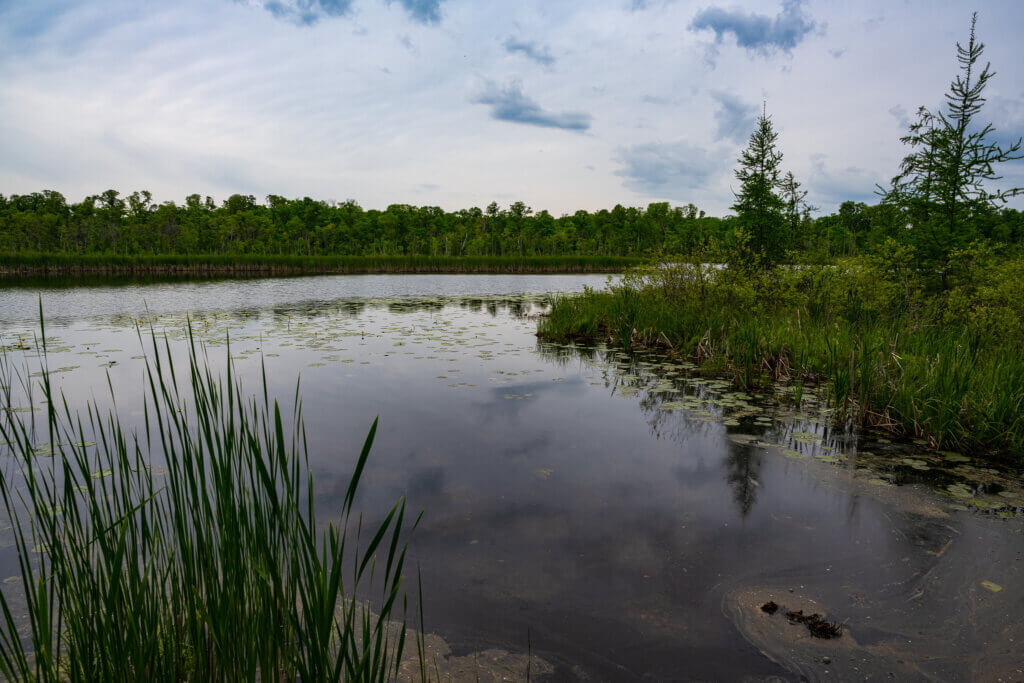
Wisconsin conservation faces partisan uncertainty
The Knowles-Nelson Stewardship Program faces an uncertain future as Republicans signal the program’s end while Governor Evers proposes $1 billion in funding.
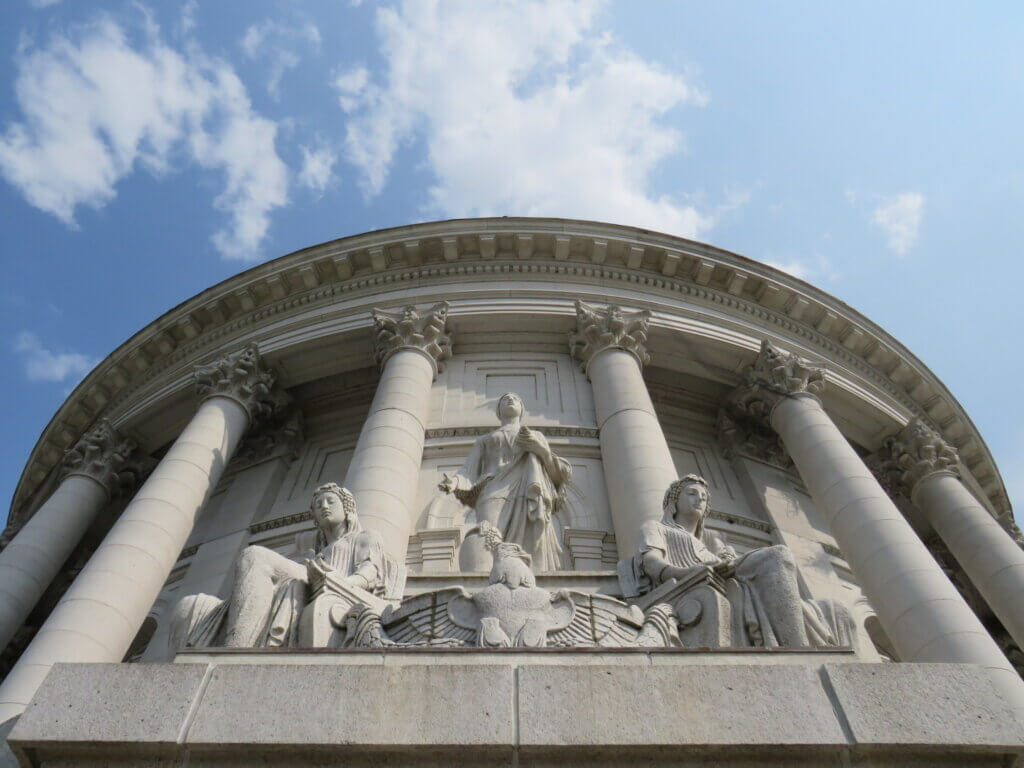
Audubon Society pushes lawmakers to protect stewardship funds
In recent years, the Knowles-Nelson Stewardship Program has become a flashpoint in the fight over the boundary between the executive and legislative branches of state government.
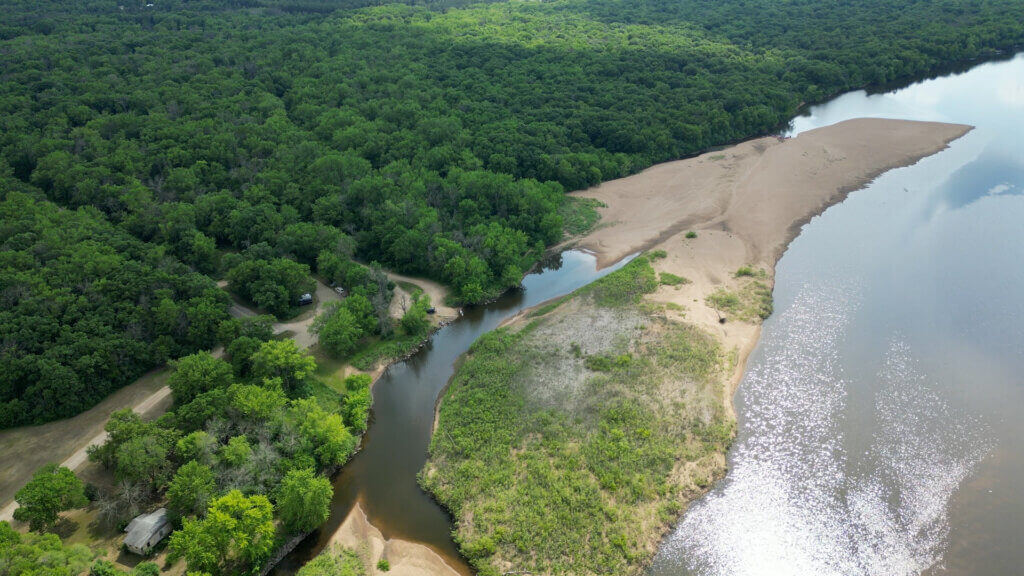
As advocates call for conservation funding, Wisconsin’s stewardship program faces steep odds
The Knowles-Nelson Stewardship Program may be in jeopardy of reauthorization.
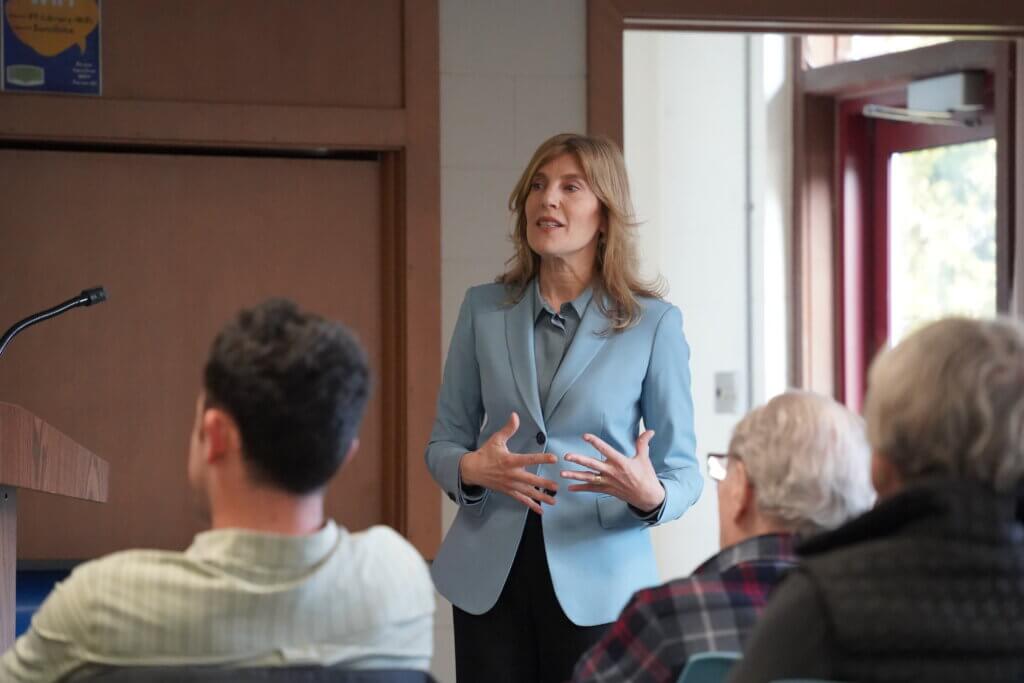
‘It’s worth fighting for’: Habush Sinykin speaks out on behalf of Knowles-Nelson Stewardship Program
Sen. Jodi Habush Sinykin held a community conversation about the Knowles-Nelson Stewardship Program, which she said is in jeopardy in the current state budget cycle.
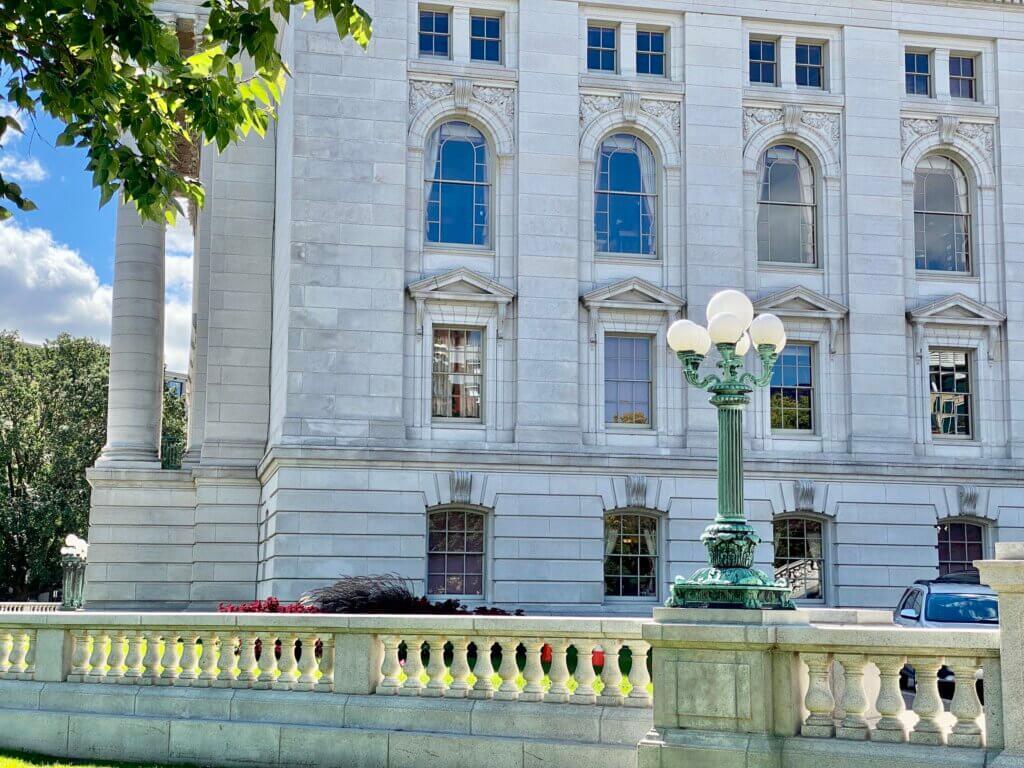
Here are environmental issues that could wind up before the Wisconsin Supreme Court
After Susan Crawford’s victory in the state Supreme Court race, environmental advocates are looking at cases that could be taken up in the coming years and how the court’s liberal majority could impact those issues.
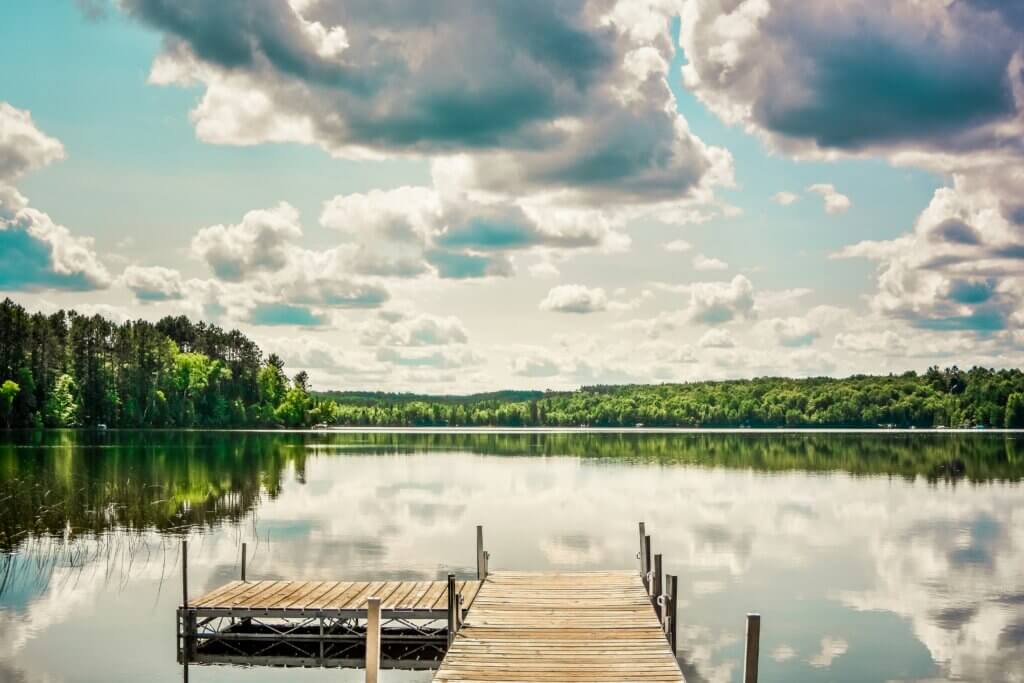
Republican lawmakers diverge on future of conservation stewardship program
Top GOP lawmakers have threatened to end the popular Knowles-Nelson Stewardship Program, but not all members are on board.

